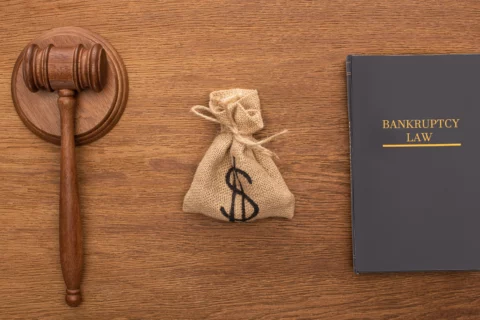What is Harassment by a Debt Collector?

Financial trouble can strike out of nowhere, especially if you lose your job unexpectedly or rack up bills following a car accident, divorce, or emergency surgery. If you fall behind on payments for your credit cards, mortgage, auto loan, medical bills, or other types of debt, your lenders could hire an agency to collect the money from you.
Debt collectors are infamous for being uncaring and abusive. Fortunately, the Fair Debt Collection Practices Act (FDCPA) is in place to protect borrowers from harassment. Learn what practices are forbidden so you can take steps to protect your rights.
What Debt Collection Practices are Forbidden?
Debt collection agencies are allowed to recover the money borrowers owe using reasonable, non-abusive methods. The FDCPA outlines more than 50 examples of harassment, oppression, and abuse that are forbidden under federal law, some of which include:
- Threatening violence
- Perpetrating criminal activities meant to harm a debtor, their property, or their reputation
- Using obscene or profane language
- Falsely presenting themselves as attorneys, law enforcement officers, or government representatives
- Giving misleading information about the amount or legal status of a debt
- Implying that nonpayment of a debt will result in arrest or jail time
- Calling repeatedly with the intent to annoy, abuse, or harass
- Calling outside the hours of 8 am to 9 pm
- Calling the debtor at work without abiding by specific rules, such as maintaining the debtor’s privacy when speaking to an employer
- Talking to family, friends, or neighbors about the debt
Protect Your Rights
If you believe you are a victim of creditor harassment and abuse, put a stop to it by following these steps:
- Tell the collector to stop the forbidden behavior. If the harassment continues, record your interactions with collectors to use in court, if it comes to that.
- Contact the Consumer Financial Protection Bureau (CFPB). In the two years spanning July 2013 to July 2015, the CFPB received over 163,000 consumer complaints against debt collectors. According to the Federal Trade Commission (FTC), which regulates debt collection in the US, this industry receives more complaints than any other.
- Hire an attorney to file a complaint and see about recovering damages for harassment. You can also refer all debt collection phone calls to this legal representative so they stop coming directly to you.
- Submit a cease-and-desist letter by certified mail. Once the collection agency receives this, they may only contact you for two reasons—to tell you they received the letter and won’t contact you again, or to state that they intend to take legal action against you, such as by filing a lawsuit.
Finally, contact Cutler & Associates at (773) 360-5802 for a free bankruptcy consultation. As soon as you file for bankruptcy, all debt collection activities against you will stop. This is just one of the many ways bankruptcy can relieve stress as you begin your journey toward regaining your financial freedom.


